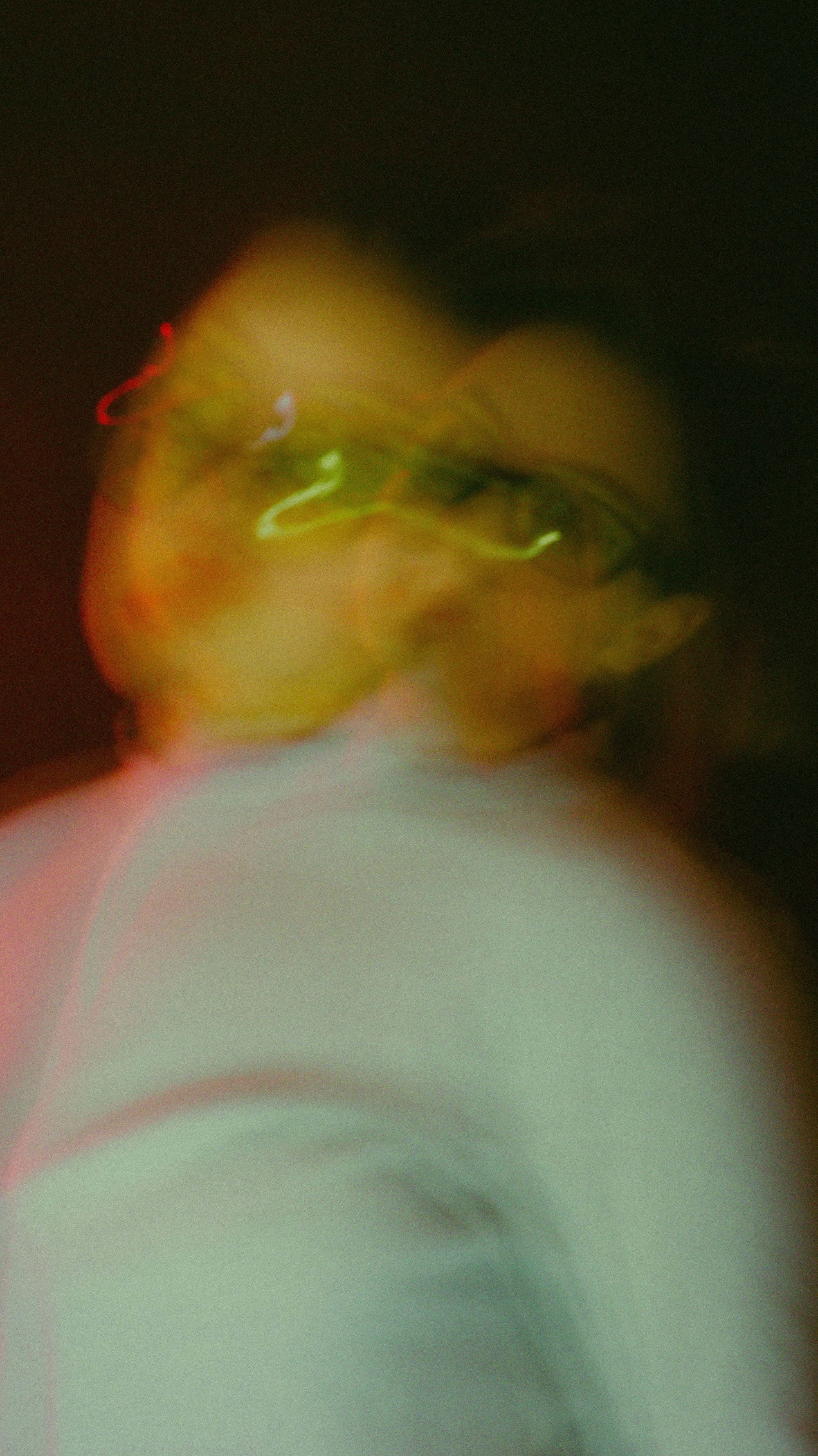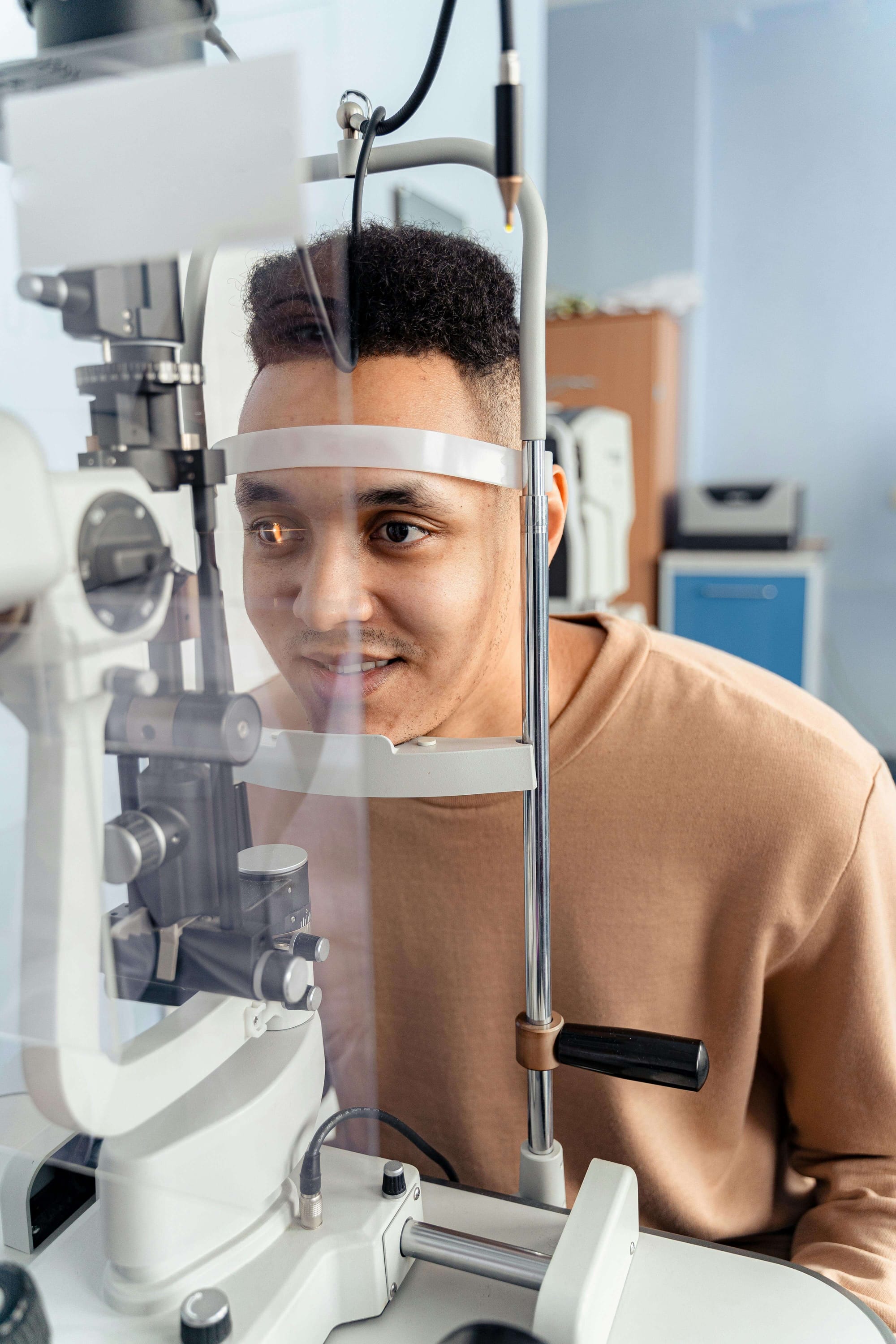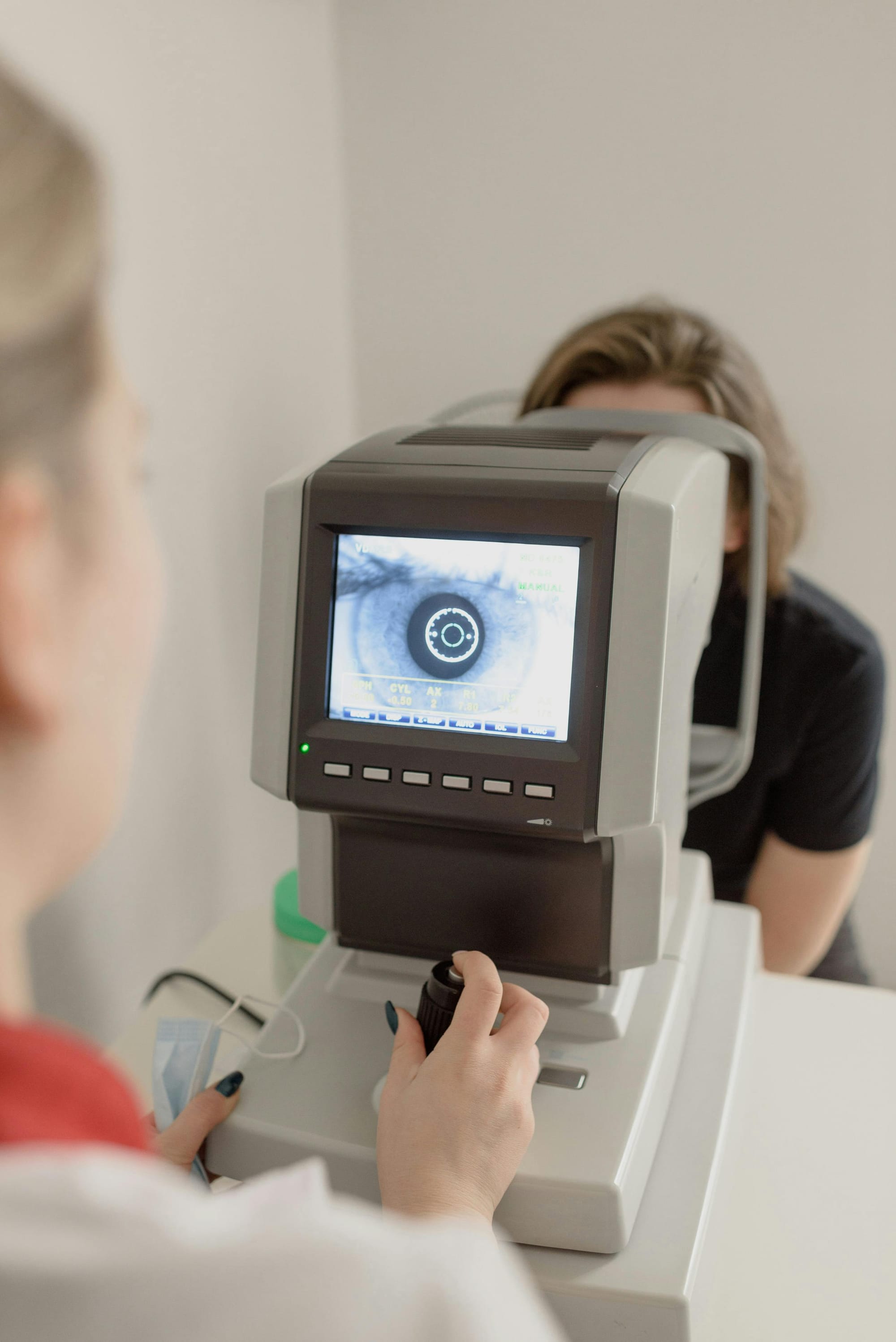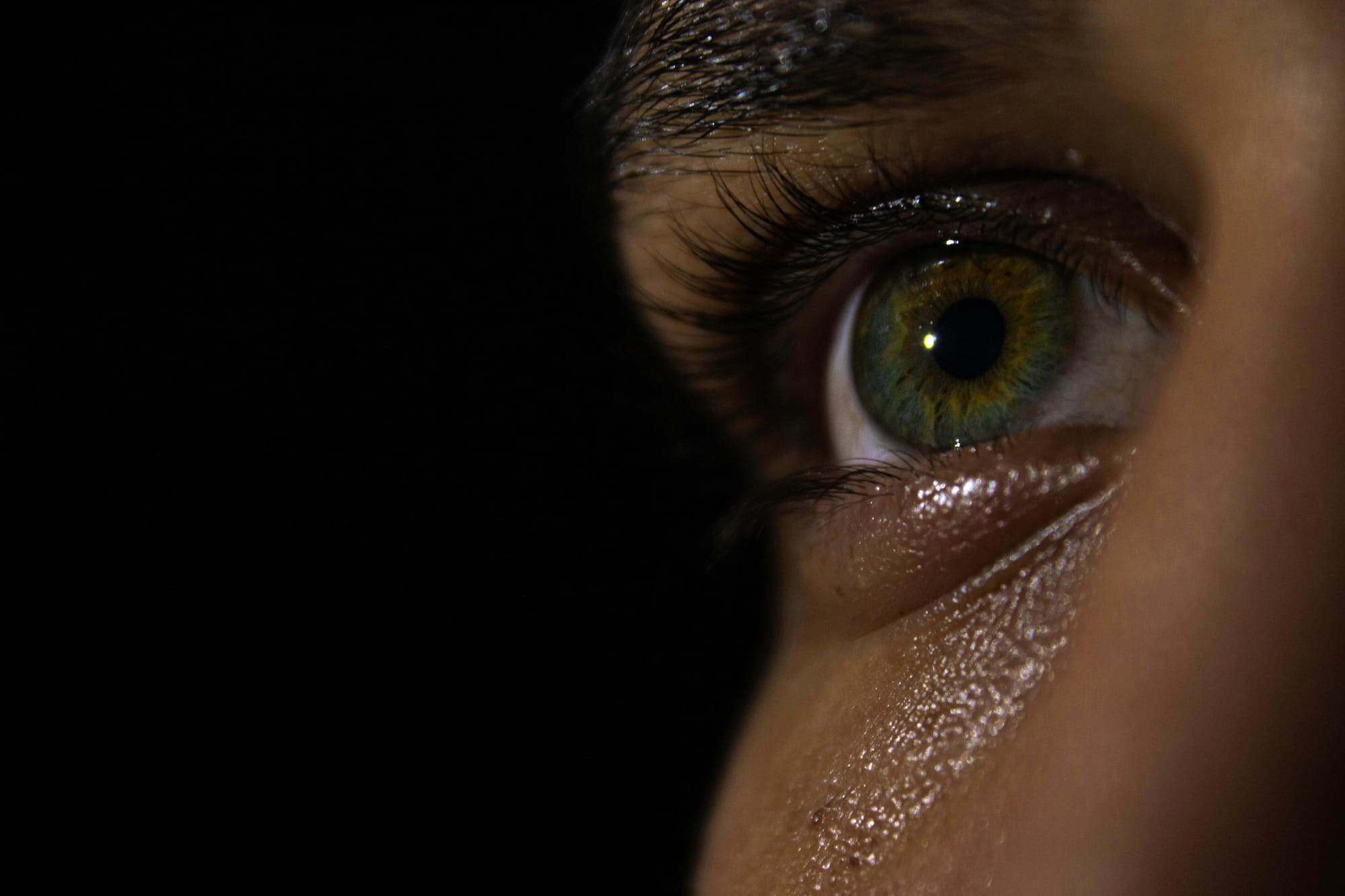Understanding the Causes of Night Vision Loss
Explore the root causes of night vision loss. Learn actionable steps to address this condition and maintain confidence in low-light environments.

Night vision loss can be a disconcerting experience. It refers to difficulty seeing in low-light conditions, which can significantly impact one's quality of life.
You may be wondering, "Why am I losing my night vision?" The causes can vary, ranging from aging to certain eye conditions.
Understanding these causes is the first step towards managing this issue. It can help you identify potential risk factors and take preventive measures.
In this article, we delve into the topic of night vision loss. We'll explore its symptoms, common causes, and potential treatments.
Whether you're experiencing trouble seeing in dim or dark settings, or you're simply interested in learning more about eye health, this article is for you.
Join us as we shed light on this important aspect of vision health.
What is Night Vision Loss?

Night vision loss is a condition that affects the ability to see in low-light or dark environments.
This difficulty can make everyday activities like driving at night challenging. You may find it hard to recognize faces or objects.
Our eyes contain rod cells that help us see in dim light. When these cells don't work properly, night vision is impaired.
This issue is sometimes referred to as night blindness. It’s a common term used to describe the condition.
While "night blindness" sounds severe, it doesn’t mean complete blindness. Instead, it highlights the struggle with vision in darkness.
Symptoms of Night Vision Loss

Night vision loss can present with a variety of symptoms. Recognizing these early can help in seeking timely treatment.
The most evident symptom is trouble seeing in dim or dark settings. This often becomes noticeable when moving from bright to darker areas.
Common symptoms include difficulty recognizing faces or obstacles at night. Poor night vision may cause accidents due to this impairment.
Other symptoms might involve difficulty adjusting to low light after being in bright light. This can be particularly unsettling.
Common Vision Loss Symptoms Include:
- Difficulty seeing in dim or dark settings
- Trouble adjusting from bright to dark environments
- Unable to recognize faces or objects at night
- Needing more light to see clearly at night
If these symptoms are regular, it's crucial to consult an eye care professional. Early detection can improve outcomes and quality of life.
Common Causes of Night Vision Loss

Night vision loss occurs due to various factors. Understanding these can help in managing the condition better.
Age is a common factor leading to night vision decline. As we age, our vision naturally deteriorates.
Vitamin deficiencies, particularly vitamin A, can worsen night vision. This is essential for maintaining healthy vision.
Several eye conditions contribute to night vision loss. Cataracts and retinitis pigmentosa are the most notable ones.
Lifestyle choices like smoking or poor diet can exacerbate vision problems. These factors impact overall eye health.
Genetics play a role, with some individuals inheriting a predisposition to night vision issues. Family history is often influential.
Certain medications may affect your night vision. Always consult a healthcare provider about potential side effects.
Other Causes Include:
- Diabetes leading to diabetic retinopathy
- Prolonged exposure to bright lights
- Use of specific drugs impacting vision
Being aware of these causes can assist in pinpointing the reasons for vision difficulties. Diagnosing the exact cause is crucial for effective treatment.
Age-Related Changes
Night vision begins to decline typically after age 40. This decline is part of the natural aging process.
The lens inside the eye hardens over time. This aging effect can impair focusing in low light.
Additionally, less light reaches the retina as we age. This further contributes to difficulties seeing in dark settings.
Nutritional Deficiencies
A lack of essential vitamins can impact night vision significantly. Vitamin A is particularly important.
Dietary deficiencies can weaken the eyes' ability to adjust to darkness. This may lead to more pronounced vision loss.
Improving diet with colorful fruits and vegetables can help. Consuming foods high in vitamin A is beneficial for vision health.
Eye Conditions and Diseases
Eye diseases are significant contributors to night blindness. Cataracts cloud the lens, blurring vision at all light levels.
Retinitis pigmentosa is a genetic disorder that affects night vision early. It progressively worsens the ability to see in the dark.
Diabetic retinopathy, resulting from diabetes, can damage blood vessels in the eye. This affects night vision severely.
Glaucoma increases pressure in the eye, affecting the optic nerve. This can also lead to night vision difficulties.
Regular eye exams are crucial to detect these conditions. Early diagnosis and treatment can prevent further vision loss.
How Lifestyle Affects Night Vision

Lifestyle choices significantly impact night vision. Smoking is known to damage eye health, leading to poor night vision over time.
Diet plays a crucial role in maintaining vision. A balanced diet rich in nutrients supports eye function and can prevent deficiencies.
Regular physical activity improves overall circulation, benefiting eye health. It helps maintain optimal vision, including in low-light conditions.
Excessive alcohol consumption can also harm your night vision. It affects the eyes' ability to quickly adapt to darkness.
Stress management is essential for eye health. High-stress levels can exacerbate vision issues, including difficulties in dim settings.
Implementing healthy lifestyle changes could bolster night vision. Ensuring proper nutrition and avoiding harmful habits is vital.
Diagnosing Night Vision Loss

Diagnosing night vision loss involves several key steps. An eye care professional is essential for accurate assessment. They use various techniques to diagnose the issue.
A comprehensive eye exam is the first step. This often includes reviewing medical history and symptoms. Eye doctors look for any underlying conditions.
A night blindness test may be administered. This helps assess your eyes' ability to adapt to low-light conditions. It measures how well you can see in the dark.
Further assessments might be needed. These can include imaging tests to view the eye's structure. Blood tests may also be conducted to check for deficiencies.
Common methods for diagnosing night vision loss include:
- Comprehensive eye examination
- Night blindness-specific testing
- Imaging tests for detailed eye structure analysis
- Blood tests to detect nutritional deficiencies
These steps help uncover the underlying causes. Proper diagnosis is vital for effective treatment plans.
Treatment Options for Night Vision Loss

When it comes to treating night vision loss, options can vary. Treatments depend on the underlying cause. Addressing these causes is crucial for effective outcomes.
Corrective lenses are commonly used to enhance vision. Anti-reflective coatings on glasses can also help. They reduce glare that impairs vision at night.
For some, vitamin A supplements may be recommended. This is particularly true for those with a deficiency. It's important to consult with a healthcare provider before starting supplements.
Advanced treatments are available for certain conditions. These include surgery for cataracts and even retinal implants. Such treatments can significantly improve night vision.
Some general treatment strategies include:
- Using corrective lenses with anti-reflective coatings
- Taking vitamin A supplements if prescribed
- Considering surgery for cataracts or other conditions
- Exploring advanced treatments like retinal implants
Corrective Measures and Lifestyle Changes
Corrective measures focus on improving eyesight. Using glasses with special coatings is one option. These can significantly reduce nighttime glare.
Lifestyle changes also play a role in treatment. Maintaining a healthy diet is essential. Proper nutrition supports overall eye health and vision.
Avoiding smoking and managing health conditions help as well. Such changes can prevent further deterioration. They are an integral part of managing night vision loss.
Medical Interventions
In some cases, medical intervention is necessary. Surgery is often the best option if cataracts cause vision issues. Such procedures can restore clarity and night vision.
Advanced treatments target more complex conditions. Retinal implants are an example. These are considered when vision problems are severe.
Consulting with an eye care specialist is crucial. They will determine the best intervention. Personalized treatments lead to better results.
Preventing Night Vision Loss

Preventing night vision loss involves several proactive steps. These measures can help maintain healthy eyesight. Early action can make a significant difference.
A balanced diet is crucial for eye health. Incorporate foods rich in vitamin A and antioxidants. These nutrients support optimal vision functions.
Lifestyle habits also play a key role. Avoid smoking, which can harm your eyes over time. Protect your eyes from excessive UV light exposure.
Regular eye check-ups are essential. Early detection of issues allows for timely intervention. Consistent monitoring can prevent future complications.
Some prevention strategies include:
- Eating a nutrient-rich diet
- Wearing sunglasses to protect against UV rays
- Not smoking or reducing tobacco exposure
- Scheduling regular eye exams for early detection
Being mindful of these factors can help preserve your night vision. Taking care of overall health is just as important. You can significantly reduce the risk of vision decline by staying informed and vigilant.
When to Seek Professional Help

Recognizing when to seek professional help is vital for managing night vision loss. Any sudden change in vision warrants immediate attention.
Persistent difficulty in seeing at night should not be ignored. If you regularly struggle to see in dim settings, consult an eye care professional.
Experiencing other vision loss symptoms? This could signify an underlying condition. Prompt consultation can ensure appropriate diagnosis and treatment.
Key Takeaways
- Night vision loss refers to difficulty seeing in low-light conditions, which can significantly impact one's quality of life1.
- Common symptoms include trouble seeing in dim settings, difficulty adjusting from bright to dark environments, and inability to recognize faces or objects at night1.
- Major causes of night vision loss:
- Age-related changes (typically after 40)
- Nutritional deficiencies, particularly vitamin A
- Eye conditions such as cataracts, retinitis pigmentosa, and diabetic retinopathy
- Lifestyle factors like smoking and poor diet1
- Diagnosis involves comprehensive eye exams, night blindness-specific testing, imaging tests, and possibly blood tests to detect nutritional deficiencies1.
- Treatment options vary based on the underlying cause and may include:
- Corrective lenses with anti-reflective coatings
- Vitamin A supplements (if prescribed)
- Surgery for conditions like cataracts
- Advanced treatments such as retinal implants
- Prevention strategies include maintaining a nutrient-rich diet, protecting eyes from UV rays, avoiding smoking, and scheduling regular eye exams1.
- Seek professional help for any sudden changes in vision or persistent difficulty seeing at night.
- While night vision loss can alter daily life, it is manageable with proper care, treatment, and lifestyle adjustments1.
Conclusion: Living with Night Vision Loss

Night vision loss can change everyday life but is manageable with proper care. Understanding your condition is vital.
Seeking treatment and adopting lifestyle changes can significantly improve your quality of life. Stay proactive about eye health.
Remember, consistent eye check-ups and self-awareness play a key role in managing night vision challenges effectively.
If you're concerned about your night vision or want to take proactive steps to protect your eye health, we can help. At Evōq Technologies, we're developing cutting-edge solutions to assist in the early detection and management of vision issues.
Click here to learn more about our innovative SmartERG technology and how it can help you and your eye care professional create a personalized plan to safeguard your vision. Don't wait until it's too late – take control of your eye health today.
About Us
Evōq Technologies is a privately held medical technology company based in Henderson, Nevada, founded in 2021. With decades of experience in ophthalmology and visual science, Evōq specializes in developing innovative smartphone-based biosensor technologies for retinal health testing and early disease detection. Their flagship product, the SmartERG Platform, offers a revolutionary, cost-effective alternative to traditional desktop devices for electrophysiological testing of the eye.
Evōq's mission is to improve accessibility to advanced eye care diagnostics, enabling healthcare providers to detect and monitor conditions such as Age-Related Macular Degeneration, Diabetic Retinopathy, and Glaucoma more efficiently. Their FDA-registered devices are designed for use by ophthalmologists, optometrists, researchers, and technologists worldwide, aiming to advance the field of evoked response electrophysiology in vision care.
